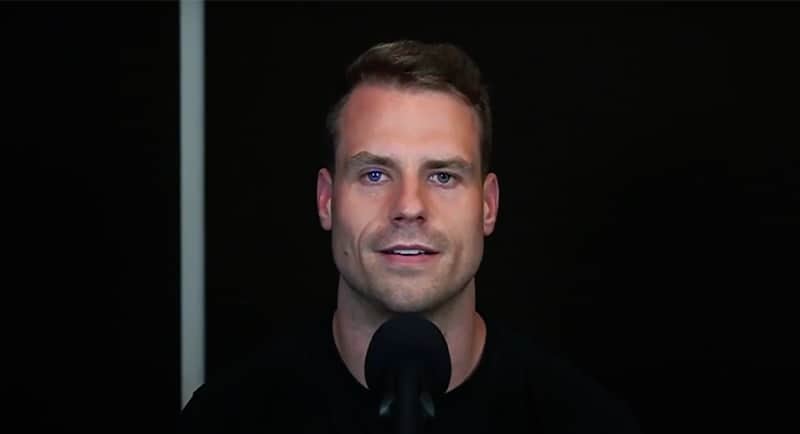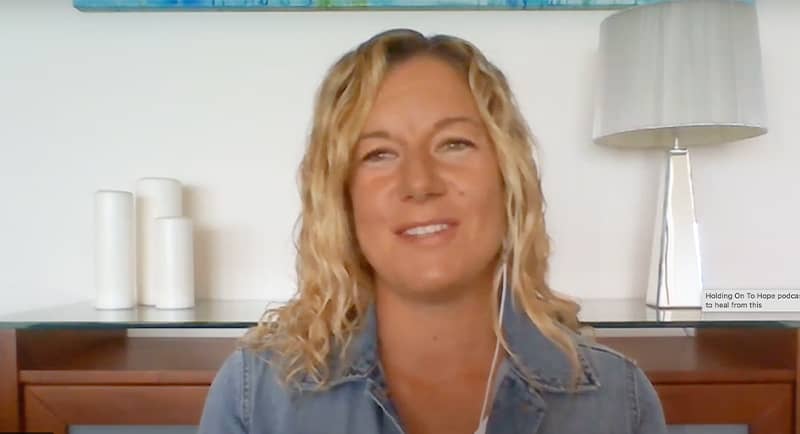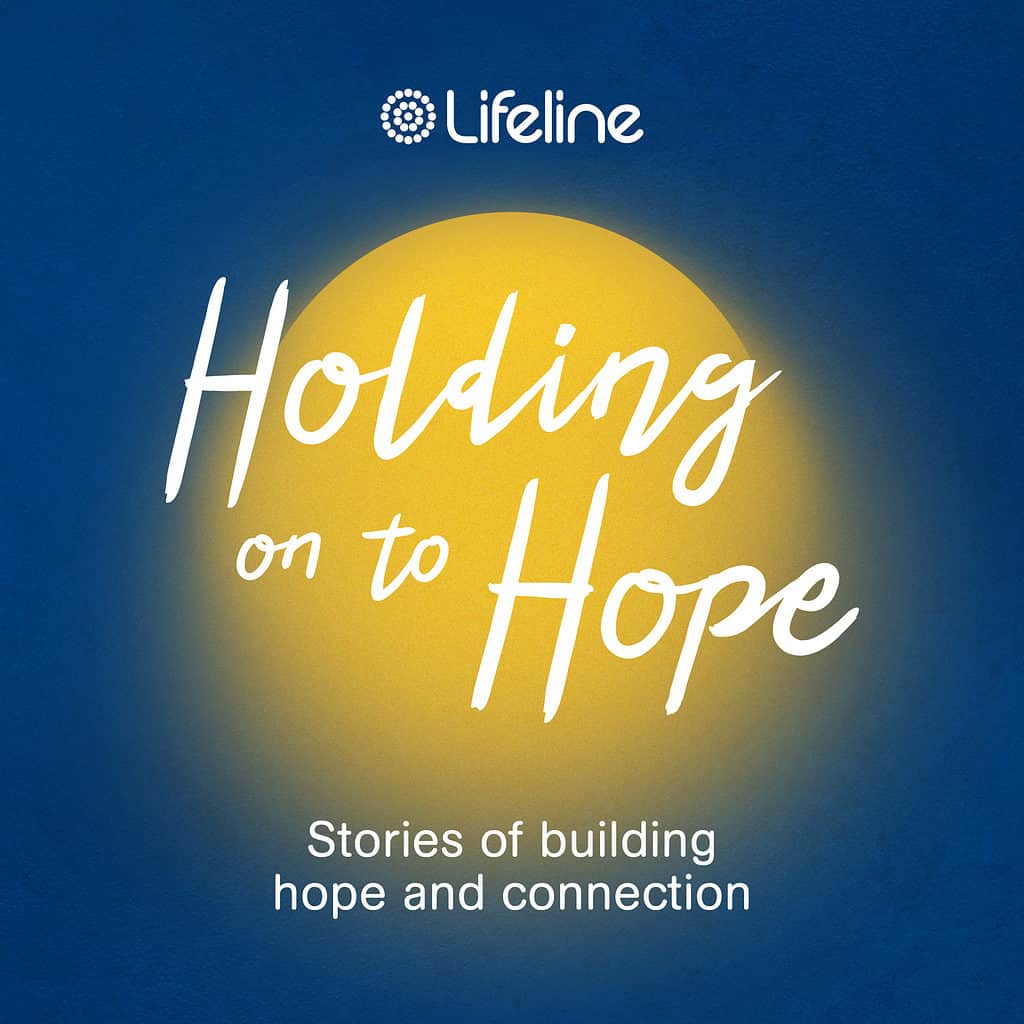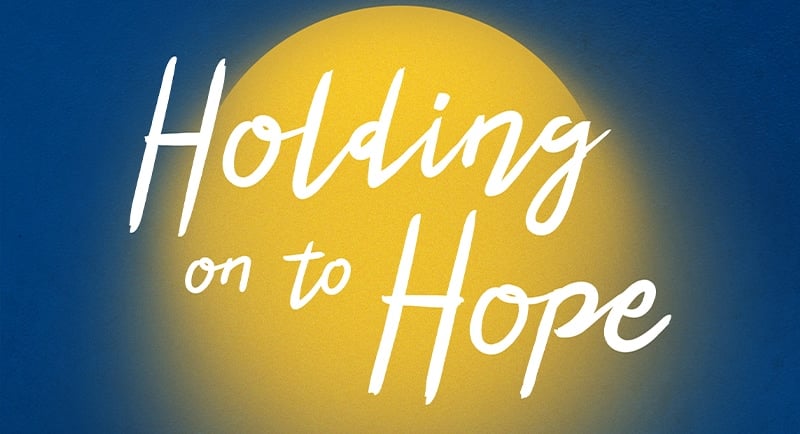Content Warning: Suicide, sexual assault, disordered eating
Last year in Australia, there were 3,144 deaths by suicide. Each year, Lifeline receives over one million calls from people seeking help in their darkest moments. By sharing real stories of personal crisis and finding a path to connection and hope, Lifeline is working to break down the stigma around suicide and mental health.
To further this mission, Lifeline Australia has officially launched the second season of its Holding On To Hope podcast, and this time the team are working with podcast production agency, Pro Podcast Production. Looking into how Australians can come together as a community to provide support for themselves and each other, the series aims to kick-off meaningful conversations around mental health over an eight episode series.
This season comes with a permanent host in the form of Ruben McKellar – a Lifeline Crisis Supporter himself – who opens the podcast by speaking about why he got involved with the organisation.

Ruben McKellar
“At the age of 15, my dad took his own life,” says McKellar. “At that time of life, I didn’t know what suicide really was, or the impact that could have. Yet over that time, I’ve learned to acknowledge suicide, what it means for me, my family, and most importantly, my late father.
“Over those years, I’ve wanted to create an impact that can really drive more conversations around mental health, but also ensure that people can have that hope by calling Lifeline. Four years ago, I was luckily involved and got given the opportunity to undergo training with Lifeline. And since then, I’ve never looked back.”
The first guest of the season is help seeker Lizzie, who opens up to McKellar about the impact long-term domestic abuse in the family home has had on her life, and reveals that she survived just shy of seven years of sexual abuse as a child – “from around six years of age until nearly 13.”

Lizzy
“I was this happy-go-lucky little girl… but you can look back at photos and see the deterioration of my true self. The tomboy aspect went deeper into denying my femininity and not wanting to be seen, because I didn’t like who I was. Self-loathing was my constant inner thought every day.
“I just didn’t have the skills or the education or the knowledge to know how to cope with what was going on,” she says.
Moving ahead to her 20s, Lizzie speaks about how her addictions and binge eating got much worse due to the emotional pain she was suffering. After she was disowned by her mother and the rest of her family disowned for speaking the truth of being sexually abused, Lizzie says that she found herself in her apartment alone considering ending her life – until “this little voice in my head said, you matter.”
“In that moment, I knew I needed to speak to someone. That was when I called Lifeline, and that phone call changed my life,” says Lizzie.

When McKellar asks what the biggest hurdle was when it came to making the first step and reaching out to Lifeline, Lizzy reflects on the “shame and guilt around reaching out for support” she felt existed at the time. Since then, she says that she has taken steps to improve her life and heal.
“Once I made that shift and decided I wanted to be here, each day I would learn something new about myself, or I would go deeper into my vulnerabilities and stop being so scared of what I was feeling on the inside. Essentially, that’s what needed to come out, that’s what needed to surface.
“Once I started understanding my emotions more or how the beliefs I had developed had affected the way I felt about myself or my life experiences, and I started being a lot more kind and gentle with myself – then things started to make more and more sense.”
When asked if she could give one message of hope to anyone listening to the podcast, Lizzie’s answer was simple: “don’t give up.”
“I know when you’re at that point where you don’t see any life, you don’t see that there’s a way to get through what you’re going through. Just don’t give up. When you decide ‘I’m not going to give up, I’m going to keep going, I’m going to keep persisting because there’s got to be some good around this corner’ – it’s that step forward that will help you with the momentum you’ve been seeking to actually start changing yourself and aspects of your life.”
Lifeline is available 24/7 online or on 13 11 14
